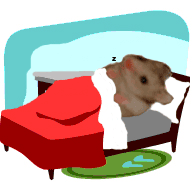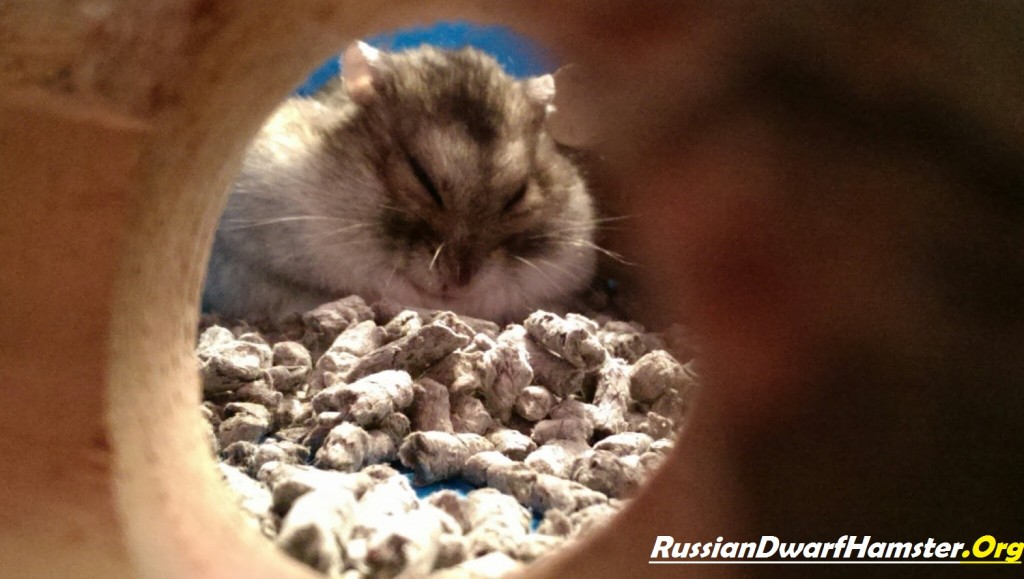Best Hamster for Nighttime Activity
Are you considering adding a furry friend to your home but are worried about daytime noise? Look no further! Understanding which types of hamsters are most active at night can help you choose the best pet for your nighttime lifestyle. In this guide, we explore the most nocturnal hamster breeds, their habits, and tips for caring for these adorable creatures.
Understanding Nocturnal Behavior in Hamsters
Nocturnal pets, like hamsters, are naturally inclined to be more active during the night hours. This behavior stems from their wild ancestors, who typically foraged for food during the cooler evenings to avoid daytime predators. When adopting a hamster, it’s essential to understand their natural rhythms, as it can impact their health and happiness when housed in a human environment.
The Science Behind Nighttime Activity
Hamsters, particularly breeds like the Syrian and Campbell’s dwarf hamsters, thrive in environments mimicking their natural habitats. Research shows that the social structure of nocturnal animals plays a significant role in their time management. They are primarily on the prowl during the dark, making them perfect companions for night owls. Their senses are adapted for low-light conditions, allowing them to explore, forage, and exercise when the rest of the world is asleep.

Choosing the Right Breed for Nighttime Fun
When selecting a hamster for nighttime activity, consider breeds known for their high energy levels and interesting behaviors. Syrian hamsters are popular due to their larger size and playful nature. In contrast, dwarf hamsters, like Campbell’s and Roborovski, are also great choices due to their social interactions. Both varieties are active at night, providing entertainment and companionship when you’re most alert.
Setting Up the Perfect Nocturnal Habitat
Creating a suitable environment for your nighttime hamster is crucial for encouraging their active behaviors. A spacious cage with tunnels, exercise wheels, and plenty of bedding can foster their playful nature. Additionally, dimming the lights in the room can signal to your hamster that it’s playtime, encouraging exploration and reducing stress during the low-light hours.
Essential Cage Accessories
Providing the right accessories can enhance your hamster’s nighttime adventures. Consider including:
- Exercise Wheel: A must-have for any active hamster. It helps them burn off energy.
- Tunnels and Hideouts: Create a maze-like environment for them to explore.
- Chew Toys: These keep their teeth healthy while entertaining them.

Maintaining Nighttime Activity Levels
To ensure your hamster remains active during the night, consider these tips:
- Limit daytime disturbances, allowing them to rest.
- Engage them in play during their active hours.
- Provide a varied array of chew toys and tunnels to stimulate their curiosity.
Health Considerations for Nocturnal Hamsters
Just like any pet, nocturnal hamsters require health checks and specific care to ensure they thrive. Regular vet visits can keep health issues at bay, as nocturnal animals may be more susceptible to stress-related ailments in captivity. Additionally, monitoring their weight and activity levels will lead to a better understanding of their health and happiness.
Signs of a Healthy Nocturnal Hamster
Healthy hamsters are usually active and display curiosity when awake. Common indicators of a thriving pet include:
- A bright, clear coat without bald patches
- Regular grooming habits
- Consistent eating and drinking behaviors

Common Health Issues and Prevention
Nocturnal hamsters, like any pet, can face health problems. Being aware of potential issues can lead to early detection and treatment. Common concerns include:
- Wet Tail: A bacterial infection leading to diarrhea.
- Obesity: Monitor food intake; ensure ample exercise.
- Dental Problems: Provide chew toys to maintain healthy teeth.
Conclusion
Selecting the best hamster for nighttime activity involves understanding their natural behaviors and providing a suitable habitat. Breeds like the Syrian and dwarf hamsters are fantastic options for nighttime companionship. By ensuring they have an engaging environment and maintaining their health, you’ll make a wonderful addition to your home. So prepare for some nocturnal fun with your new furry friend!
FAQ
1. Which hamster breeds are most nocturnal?
Syrian hamsters and Campbell’s dwarf hamsters are two of the most nocturnal breeds. They are known to be highly active during the night, exploring, running, and engaging in social interactions, making them ideal pets for night owls looking for some lively companionship.
2. How can I encourage my hamster to be more active at night?
To support your hamster’s natural night activity, ensure their living environment mimics their natural habitat. Dim lights during the evening, provide ample play areas, and engage your hamster during their awake hours. Also, offering a variety of toys and exercises can stimulate their curiosity and activity levels.
3. What should I avoid to keep my hamster healthy?
Avoid excessively loud environments and sudden disturbances during the day, as this can stress your nocturnal friend. Additionally, don’t overfeed; maintaining a healthy diet and balanced amounts of treats is crucial. Lastly, be vigilant regarding their hygiene and habitat cleanliness to prevent disease.
4. How can I tell if my hamster is unwell?
If your hamster is less active than normal, has a dull coat, or isn’t eating and drinking consistently, these could be signs of health issues. Regularly monitoring their habits and seeking veterinary advice when noticing any odd behaviors is important for their overall well-being.
5. Can hamsters become more diurnal?
While it’s in their nature to be nocturnal, some hamsters may adjust to more daytime activity depending on their environment and interactions. Spending extra time with them during the day may influence their behaviors, but it’s essential to respect their natural rhythms.
6. Is it normal for hamsters to hide during the daytime?
Yes, it’s entirely typical for hamsters to hide during the day as part of their instinctual behaviors to avoid predators. They feel safe in their bedding or hiding spots and will usually emerge at night when they feel ready to explore and be active.
